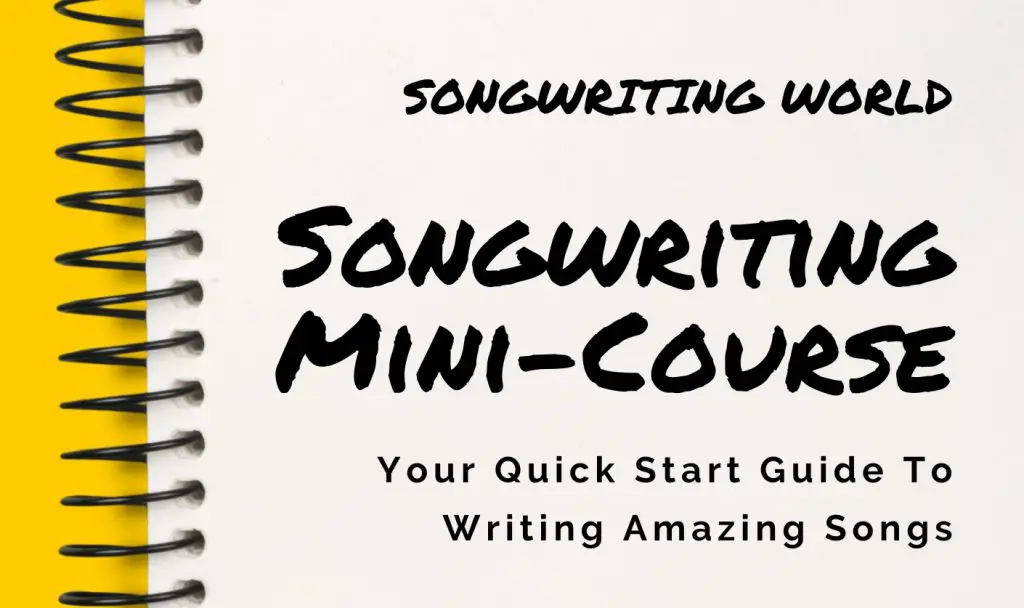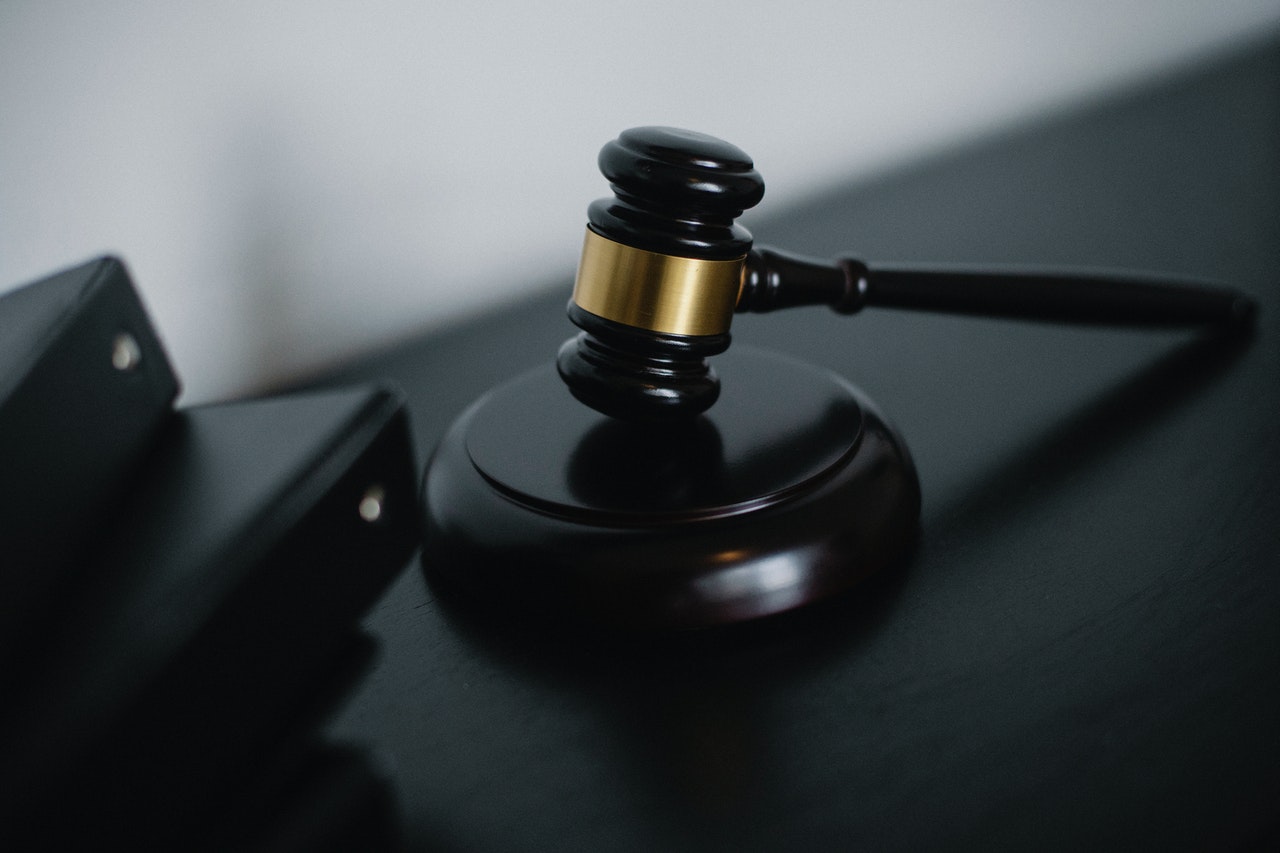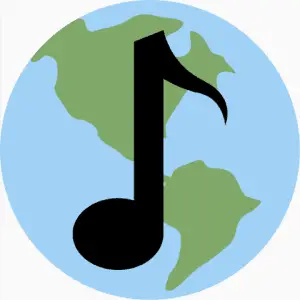

If you’re a songwriter, then you should know how to copyright your music. Copyrighting is when you protect your work from people who might want to steal it. This makes sure get credit for your work. This article will teach you everything about the process of properly and legally registering copyrights on your work.
What is copyrighting a song?
Copyrighting a song is the act of protecting and declaring ownership over the work so that anyone who tries to steal your music can be punished.
Copyrighting your music is easy and accessible. Protecting your work allows you to get paid for the use of your intellectual property.
A song is Intellectual Property
Intellectual property is a legal concept that protects the rights of artists. As a result, people who steal copyrighted material may be subject to fines and imprisonment.
When you copyright your music, you are establishing that you own the intellectual property of your music. This gives you the legal right to be paid anytime someone uses your song.
This includes being paid royalties and getting money for your songs when they are used in movies, TV shows, commercials, and live performances.
Parts of a Song Copyright
There are two copyrights in every song. There is the musical composition itself (the melody, lyrics, arrangement) and the recording of that song.
Musical composition
The musical composition is made up of the music, the lyrics, and the arrangement of the song. This part of the copyright is usually owned by the songwriter. If they have a publishing deal, then the publisher may own a part of this copyright.
Recording of the song
The copyright of the recording protects the specific version of the song that was recorded. If you have a record contract, then the record label would usually own part of this copyright.
If you’re an independent artist who wrote and recorded your own song, then you would own both the musical composition and the recording of the song.
Getting publishing and recording deals usually means sharing the copyright for the work that you produce.
Why should I copyright my songs?
There are a few reasons why you should copyright your songs:
To protect your work from people who might try to steal it.
This is probably the most important reason to copyright your music. Without protection, people could take your work and use it without giving you any credit or compensation.
When you have a copyright in place, you can prove that you are the author or creator of a work. You can then legally pursue anyone who tries to do use your work without permission. This ensures that you maintain control over how your work is used and prevents others from profiting off of your work without permission.
To prove you are the author of that song
Let’s say you wrote some lyrics for a song. Once you write them down or record them in any way, you instantly have some legal protection. You’d be able to claim any of the rights for the lyrics you’ve written.
However, what would happen if someone else released a song with the same lyrics? Or a song that sounds like yours? Could you show that you wrote the lyrics first?
That’s where copyright comes in. You would be able to claim the rights to those same lyrics since you filed the registration first.
To establish yourself as a professional songwriter
Copyrighting your music is essential to establishing yourself professionally. It can be beneficial if you plan on selling or licensing the rights to use your music in the future. It shows that you are an active and serious musician, which may increase interest from potential buyers because it will be easier to work with you.
For example, some music directors will not consider a song for a film or TV show unless the artist can prove that they have all of the rights to that song. This is called “clearing” a song, and unless you have the copyright, you won’t be able to do this.
To ensure that you get paid for the use of your intellectual property
When you own the copyright to a song, it gives you the right to collect royalties and fees for the use of your music. For example, whenever your song is played on the radio or used in a commercial, you are entitled to royalties.
To make it easier to dispute any unauthorized uses of your music
It’s also important to copyright your music so that you can dispute unauthorized uses in the future. Without protection, it will be difficult to prevent someone from using your music in a way that you do not approve of.
When you have copyrighted your music, it makes it much easier to prove when someone has used your work without asking for permission.
Now that you know some of the reasons why you should protect your work, let’s take a look at how to actually do it.
How to Copyright A Song
The music and lyrics of your song are fully protected by copyright from the moment you record them, even if it’s a rough home studio recording.
However, to receive the maximum benefit of copyright protection, you must register your song with The U.S. Copyright Office.
The most direct way to copyright your music is by registering the song with The United States Copyright Office. You can register online or via mail.
The Copyright Office will review your application. Once it’s approved, your work will be officially registered.
There are services that will help you copyright your song. They are optional and you will pay extra for the convenience. These services act as an intermediary to make sure you register your work properly. They will make sure you choose the correct type of registration and fill out the forms for the copyright you are filing.
Here are the Steps to Copyright Your Song
Record your song
You must create a tangible version of your song in order to copyright it. You could record your song and save it on a USB drive, CD, cassette, video, or many other formats. You can also write out your song in sheet music.
At this point, you have a copyright to your song. Now you need to officially register that copyright.
Register your song with the U.S. Copyright Office
You can do this online or by mail. The U.S. Copyright Office will review your application. Once it’s approved your work will be officially registered.
To file online will take about 5 months to be processed. To register by mail can take up to 15 months. It is simple to register using the internet, and it’s the preferred approach for most individuals.
You will need to create a new account on the U.S. Copyright Office’s website. This is where you will enter your contact information.
Click on “Register a New Claim” and then fill out all the information required. You will then be asked to pay the fee. At the time of this writing, the fee is $35.
Then you will need to upload an electronic version of your song. This can be an MP3, WAV, or another electronic file format.
You can also send a physical recording of the song by mail. In that case, you’ll need to pack it in a box (not an envelope) and follow the instructions on the site to create a shipping slip.
After you submit your registration, you can check the status of your application on the website by logging in to your account.
Mistake to Avoid When Copyrighting Music
Here are a few mistakes to avoid when registering copyright:
Not registering your copyright officially
The biggest mistake a songwriter could make would be to not register their work at all. This leaves your work unprotected and open to exploitation.
Failing to register with the U.S. Copyright Office is a mistake. This office is responsible for registering copyrights and they have the authority to enforce copyright law.
Registering your copyright gives you legal protection in the event that someone infringes or illegally uses your work.
Relying on the so-called “Poor Man’s Copyright”
There’s an old idea of the “poor man’s copyright” which relies on the automatic protection when a song is first written down or recorded.
The way it works is a songwriter would record their music, either on paper or in a physical format (like a cassette).
Then they would mail it to themselves. When the post office processed the piece of mail they would stamp the date on the postmark. Supposedly, this would be legal proof of the date that the work was “registered.”
Unfortunately, there have been legal cases that have discredited this form of protection. In fact, it only gives you a very loose form of protection the same as if you wrote the song in a notebook or wrote the sheet music.
The strongest form of protection is to officially register the copyright.
Not properly registering who owns which copyright (musical composition or recording)
There are two parts to copyright a song. The musical composition (lyrics, melody, arrangement) and the recording itself.
In your registration, you’ll be able to specify who owns which part of the copyright. For example, if two songwriters collaborated on a song they could split the ownership 50/50.
If you have a publishing or recording deal, you would want the registration to properly show who owns what. Making a mistake here could mean not getting paid your fair share of royalties down the line.
To wrap it all up with a bow…
As a songwriter, it is your responsibility to take care of the intellectual property that you have created. This means making sure that any songs you write are copyrighted and protected from others who might try to steal them for themselves.
The best way to do this is by going through the steps outlined in this article on how to copyright your music. No one will be able to legally use your music without paying you for it.
We provide a FREE guide with the Recording Secrets from a Billboard® Chart-Topping Producer. This guide will teach you everything you need to know about how to make your music sound radio-ready and professional. Download your free guide today!
